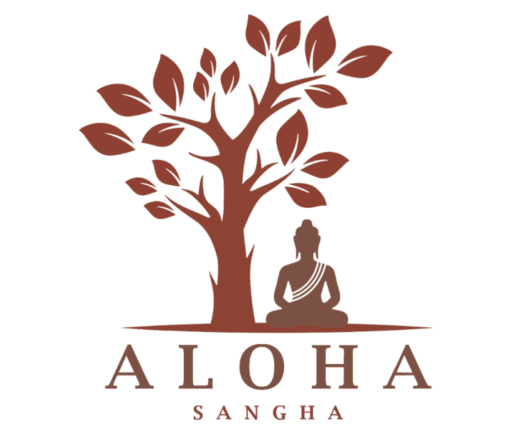not knowing is most intimate
Relaxing into not-knowing is a key to the present moment. When you don’t know, all possibilities are open.
How do we live our life knowing that it’s temporary? We have this opportunity to live this life, and we don’t know for how long. And we don’t know what will happen next. I am guessing most who read this blog, like myself, would say nothing happens next.
But let’s agree we don’t want to waste this life. We don’t want to sleepwalk through it. Or just endure it.
I recently read a poem by Kay Ryan titled The Niagara River:
As though
Kay Ryan, The Niagara River
the river were
a floor, we position
our table and chairs
upon it, eat, and
have conversation.
As it moves along,
we notice—as
calmly as though
dining room paintings
were being replaced—
the changing scenes
along the shore. We
do know, we do
know this is the
Niagara River, but
it is hard to remember
what that means.
The last line was a kick in the gut. We know this is temporary, but we don’t remember what that means. We don’t know if anything happens after we die (to us) but that doesn’t mean the issue is put to rest.

I think what meditation brings to the table is how to meet our death not with fear, but with curiosity. And to relish this not-knowing of death.
A well-known Zen koan
The monk Fayan was going on pilgrimage.
from The Book Of Equanimity, Case 20:
Master Dizang asked, “Where are you going?”
Fayan said, “On pilgrimage.”
Dizang asked, “What sort of thing is pilgrimage?”
Fayan said: “I don’t know.”
Dizang said, “Not knowing is most intimate.”
Fayan suddenly had a great awakening.
So this monk, Fayan, when asked why he is going on a pilgrimage, realizes he doesn’t really know why.
His directness is fresh. Master Dizang recognized this and encouraged his answer, understanding how not-knowing helps you stay open and curious. It allows you to see life as it is, not as you are.
Not knowing is most intimate.
And it is precisely this not-knowing that allows the most profound intimacy. We can open up because we don’t know. When we fully open to our not-knowing mind, there’s curiosity, and potential.
This “not-knowing” is a big deal in certain Buddhist traditions. You cannot meditate, they would say, if you are stuck in “I know.” To be mindful is to not-know.
Relishing this not-knowing is key to discovering the beauty and the peace of the present moment. When you don’t know, all possibilities are open.
You are clear and unobstructed.
We live in a dynamic world about which we know very little. A virus changes everything. A drought, an entire continent. Science is about wanting to know more. We think we have to know. We can get very OC around knowing, missing the relief not-knowing.
This is from Tao Te Ching, a Chinese Taoist text written around 400 BC.
In the pursuit of knowledge, every day something is added. In the pursuit of wisdom, every day something is dropped.
Chapter 48, Tao Te Ching
From around 400 BC in China, let’s move to the same time in Greece. Socrates is speaking, let’s listen in:
To fear death .. is nothing other than to think oneself wise when one is not, for it is to think that one knows what one does not know. No one knows whether death may turn out to be the greatest of blessing for a human being. And yet people fear it as if they knew for certain that it is the greatest of evils.
Reading the Painting ‘The Death of Socrates’
There it is again, our not-knowing; relishing not-knowing.
Can we let our limited grasp of this life encourage us to not waste this precious opportunity?
Buddhism would even ask if we could live our life in a way that makes it a gift not just for ourselves, but for everyone?






